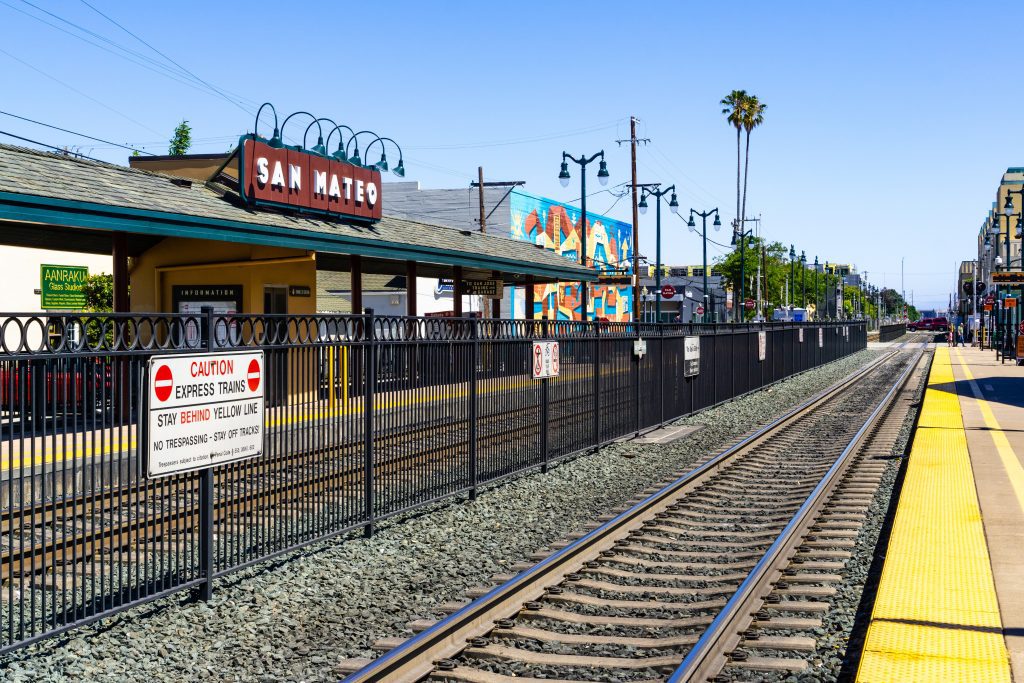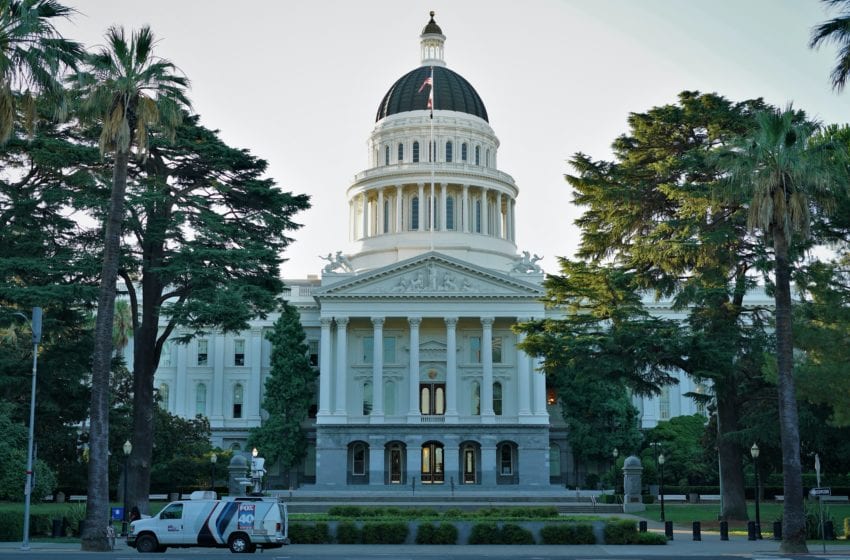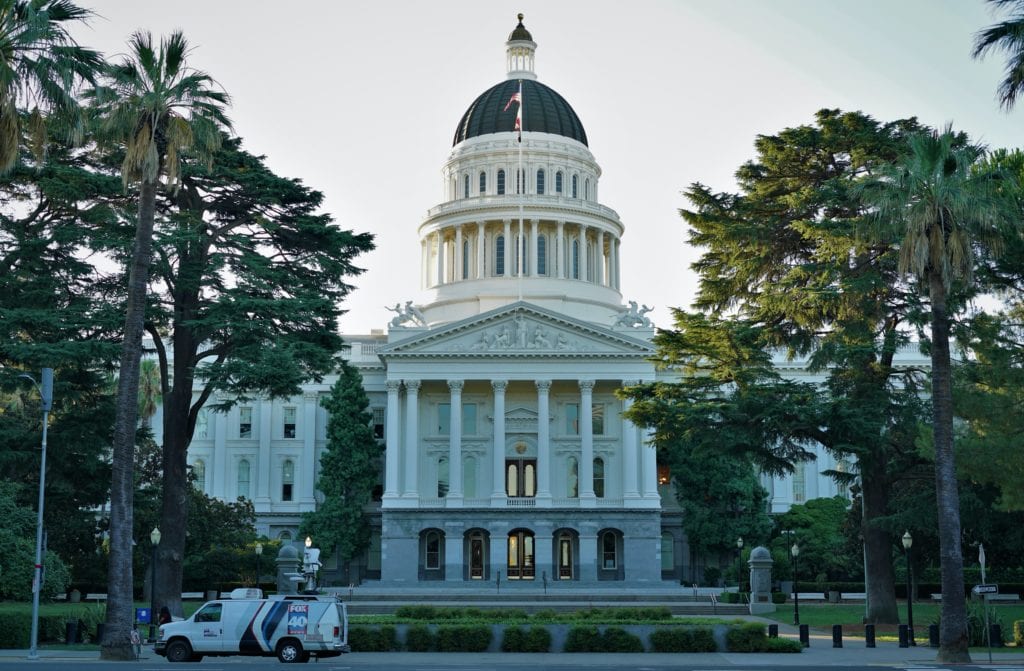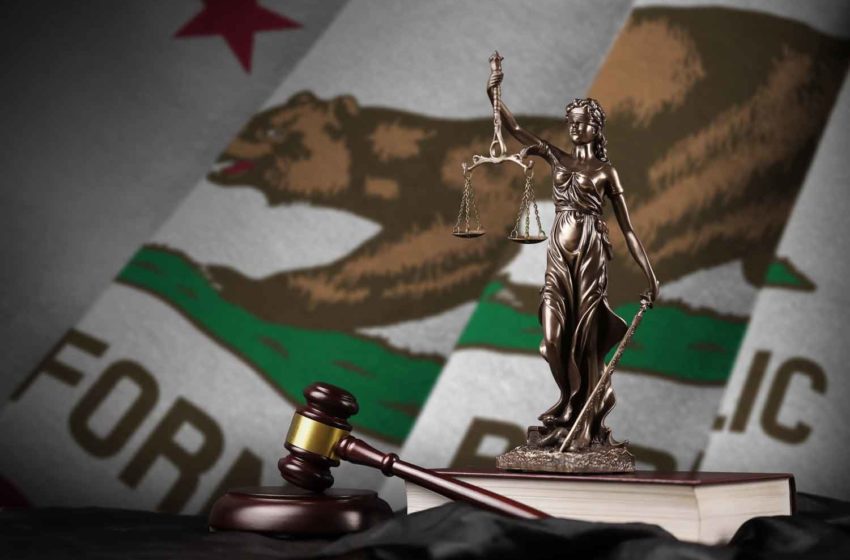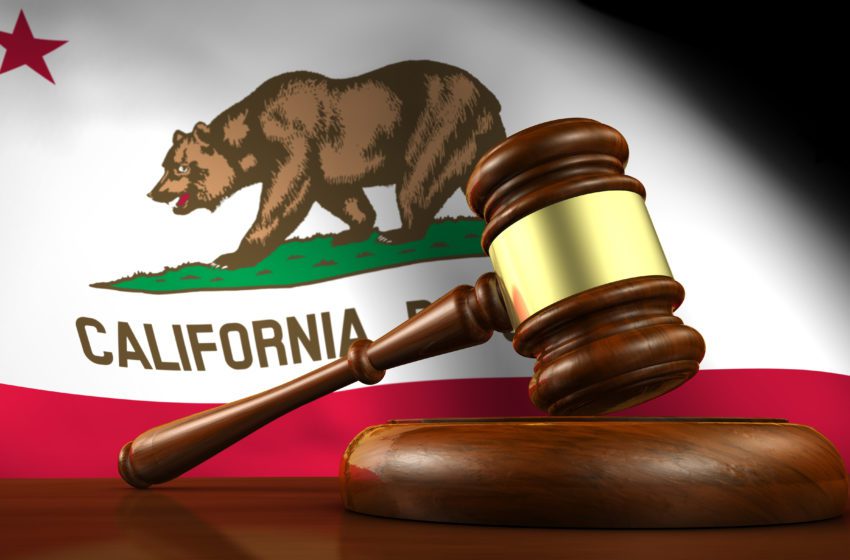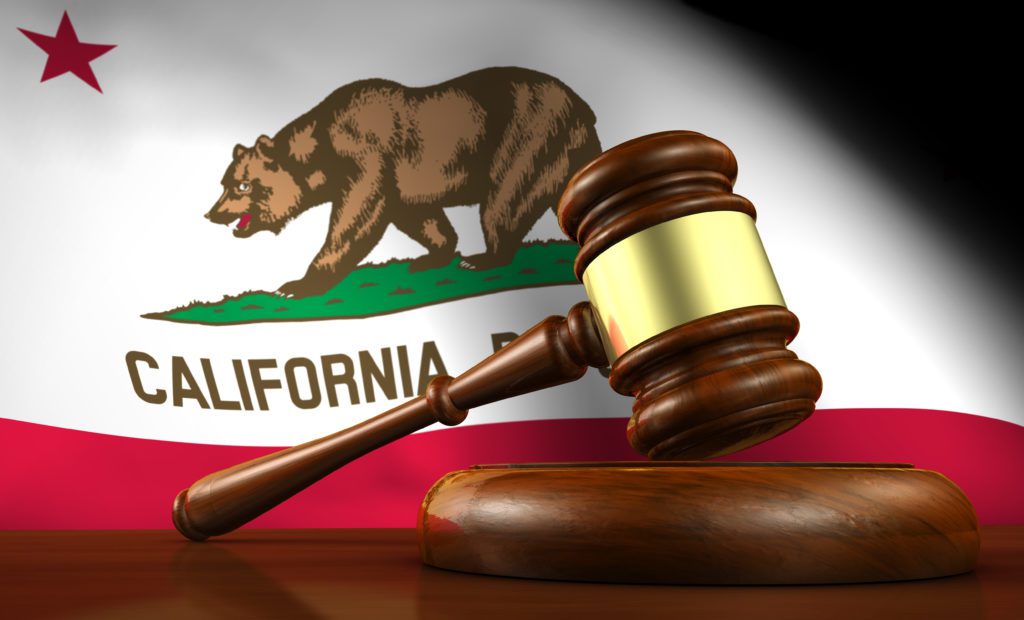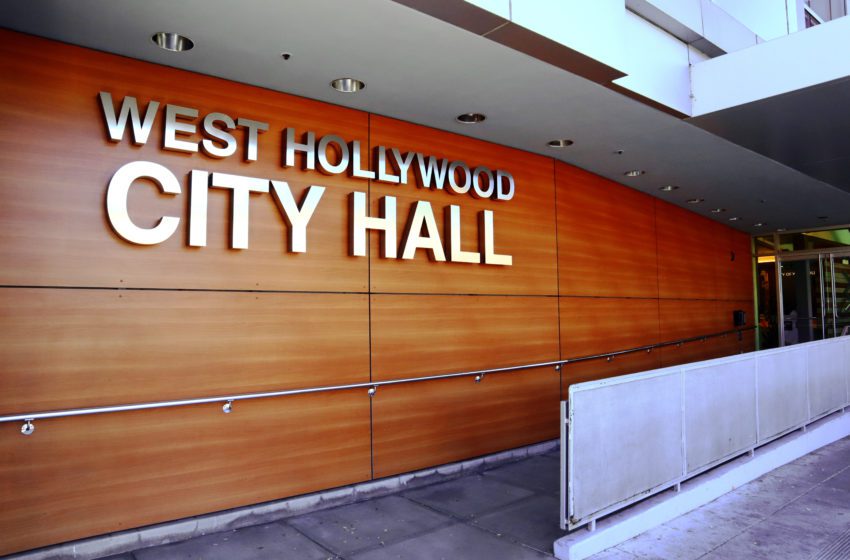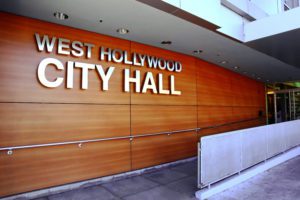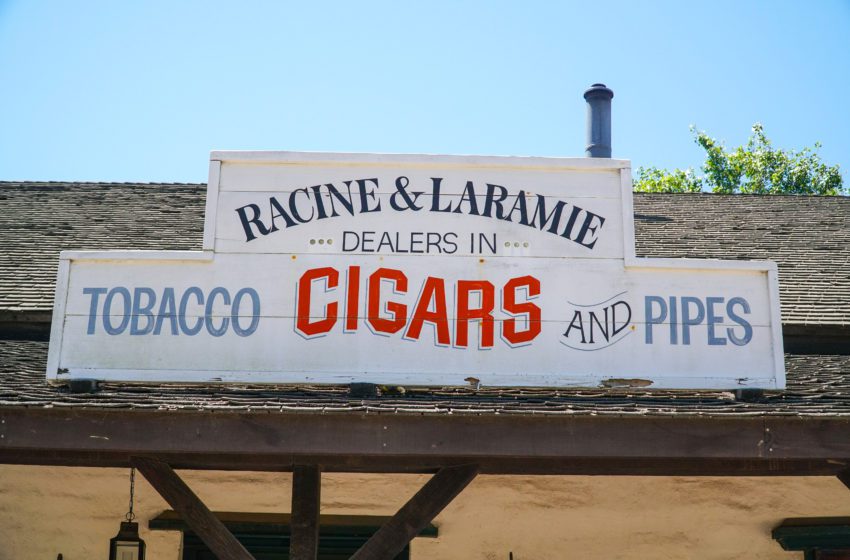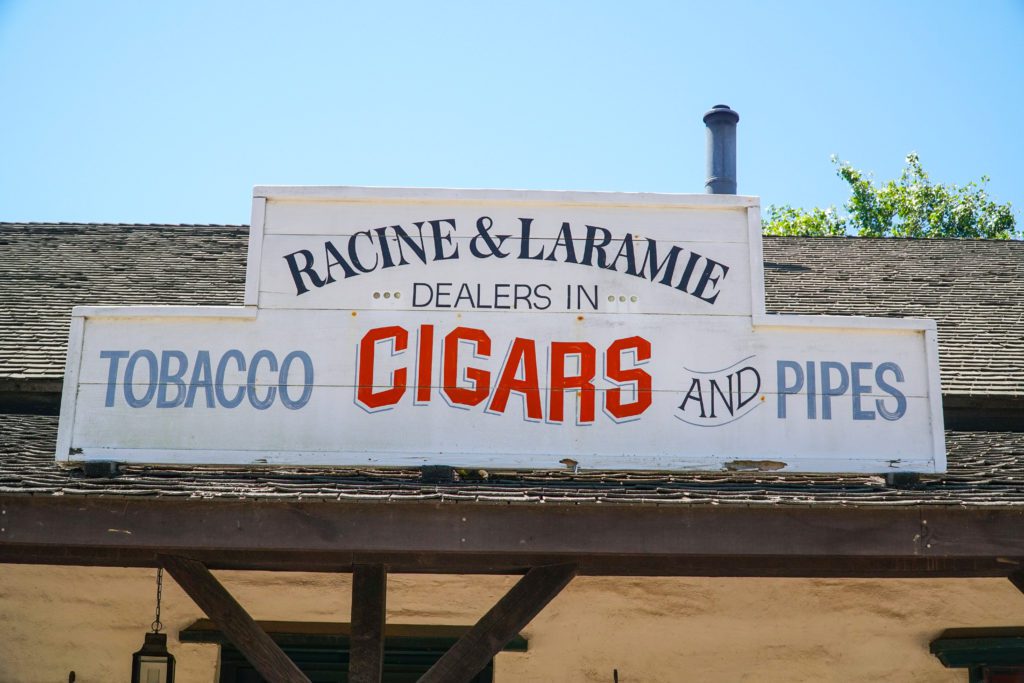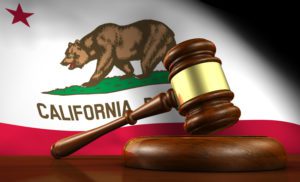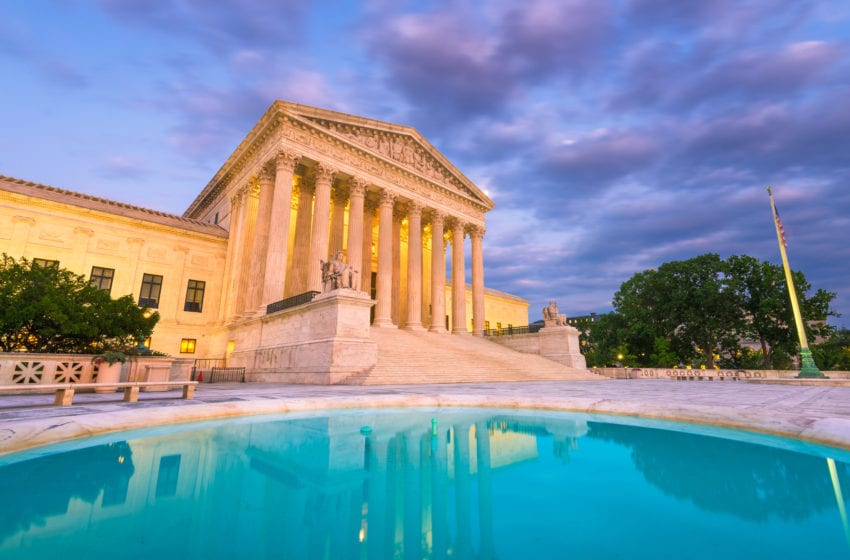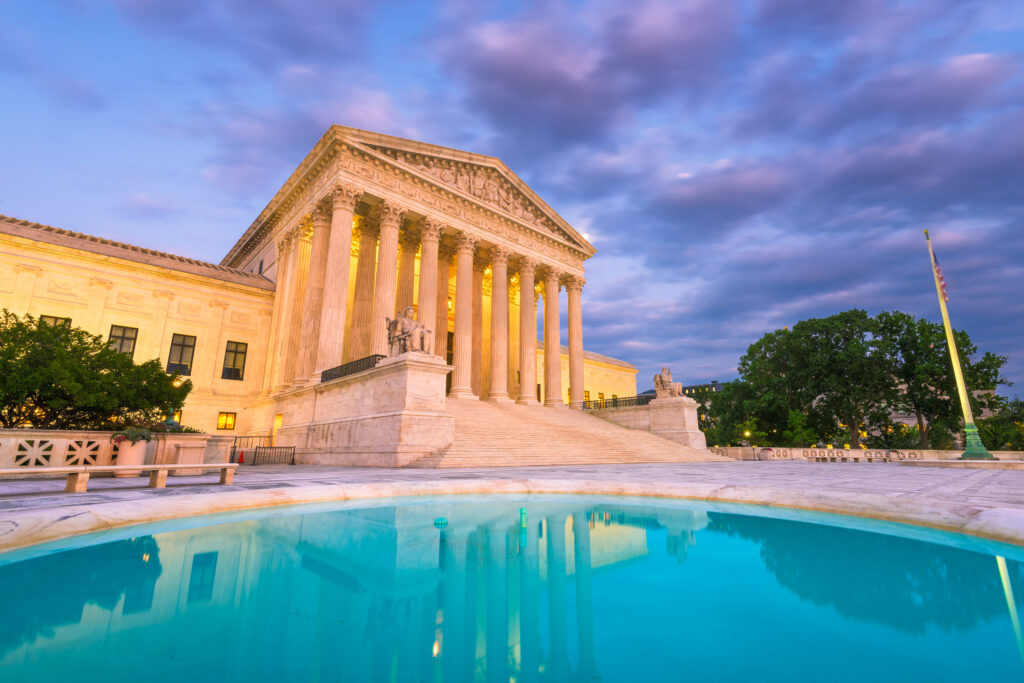

Online shopping for cigarettes and vaping products increased significantly in the weeks following the implementation of a 2022 California law prohibiting the sale of flavored tobacco products.
Reporting in Tobacco Control, researchers at the Herbert Wertheim School of Public Health and Human Longevity Science at University of California San Diego assessed the impact of California’s statewide flavor restriction on online shopping behavior among consumers. Comparing observed rates of shopping queries with expected rates, researchers discovered that shopping queries were 194 percent higher than expected for cigarettes and 162 percent higher than expected for vape products.
“Retailer licensing programs have proven to be effective in enforcing tobacco control laws. However, the exclusion of e-commerce retailers from these programs can undermine their impact,” said principal investigator Eric Leas in a statement.
Despite the flavor restriction, analysis of the first 60 websites returned in the search queries presented at least two online retailers offered access to flavored vaping products or menthol cigarettes to consumers in California—with one query returning as many as 36 websites (60 percent of the search results).
The study authors recommend strengthening regulations to include e-commerce retailers within the scope of retailer licensing programs.



